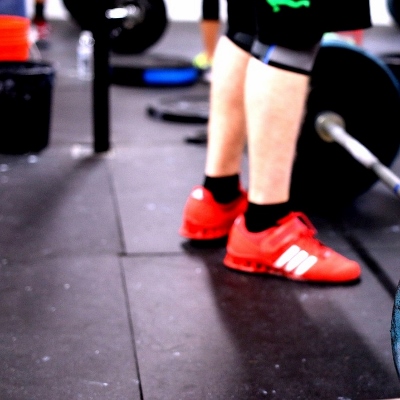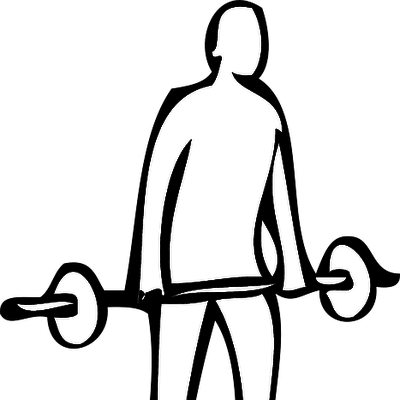 There was an interesting article about diets in the paper today. The Paleo diet was mentioned, as was the raw food movement. The reporter interviewed a school friend named Linda,* a personal trainer who follows the Paleo diet and whom was described as a fitness enthusiast (a bit like calling King Kong a “rather large apeâ€). Linda found that she felt lighter and stronger during workouts ever since she adopted the Paleo diet.
There was an interesting article about diets in the paper today. The Paleo diet was mentioned, as was the raw food movement. The reporter interviewed a school friend named Linda,* a personal trainer who follows the Paleo diet and whom was described as a fitness enthusiast (a bit like calling King Kong a “rather large apeâ€). Linda found that she felt lighter and stronger during workouts ever since she adopted the Paleo diet.
Food can be a stumbling block for those keen on building cardiovascular fitness. What if eating before a workout makes you feel ill or nauseated halfway through, or what if you don’t eat enough and fail to produce a quality workout due to a lack of energy?
If, like many people, you’re up for a run first thing in the morning, then pre-cardio eating is less of a concern. If you must eat before a cardio workout, what you eat depends on the type of cardio you’re going to do. Generally, a steady-state cardio workout carried out at moderate pace would not require special fueling up; some quarters believe you will use fat more quickly on an empty stomach.
However, you need to ensure that you have enough energy if you have high-intensity workouts planned. Failing to eat approximately 1 hour (less than that, and an upset stomach will result) before such a workout can result in catabolism, where muscle tissue, not fat, is used. Moreover, not having a small meal of proteins and carbohydrates means that you will fail to sustain the intensity levels required.
One thing to remember when it comes to pre-workout meals is that the more complex the nutrient, e.g., high-fiber carbohydrates, protein, or fat, the longer digestion will take, which can interfere with the workout; therefore, finishing that small meal an hour before working out is a good rule of thumb to follow.
I’m usually guilty of not eating properly after a cardio workout, even though I know it’s important to refuel to replenish energy and to avoid going into a catabolic state. Lately though, I have been making the effort to get the nutrients I need, which is actually quite easy.
What you need after cardio is mostly carbohydrates; however, these should be nutrient-rich, such as grains, vegetables, and fruit. The opposite would be nutrient-void carbohydrates, such as sweets, which are easy and quick to eat, but provide no nutritional benefit. As boring as they sound, oats do the job. Since plain oats are, well, plain, I stir in raw honey, dried fruits, or Marmite.
Some might say you’re better off without Marmite though, but it’s good for you! Why not just have all that stuff on whole-grain toast? You can, but any meal you can prepare ahead of time gets my vote any day.
* Name changed to maintain anonymity





